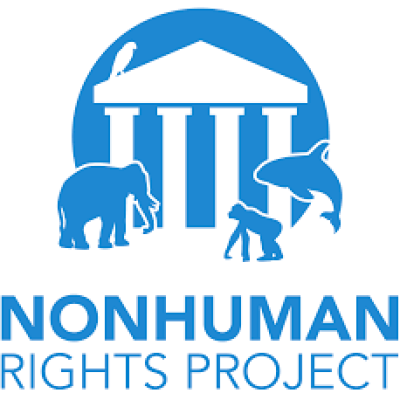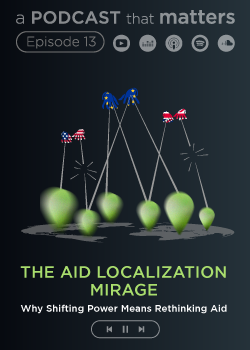Print

Nonhuman Rights Project
General
Jobs • 5
Shortlists/Awards • 0
Pricing strategy • 0
Partners/Competitors • 0
General
Jobs
Shortlists/Awards
Pricing strategy
Partners/Competitors
Details
Legal residence:USA
Organization type:NGO
Funding agencies: Other
Sectors: Human Rights, Law
Nr. of employees:11-50
Status:
Active
About
The Nonhuman Rights Project (NhRP) is the only civil rights organization in the US dedicated solely to securing rights for nonhuman animals.
Why are you called the Nonhuman Rights Project?
NhRP President Steven M. Wise founded the NhRP in 1996 as a project of the Center for the Expansion of Fundamental Rights. In 2012, it was officially renamed the Nonhuman Rights Project. We use the term “nonhuman rights” to remind people that human beings are also animals—the only animals with legally recognized and enforceable rights.
What do you mean when you say the NhRP is a civil rights organization?
We are a civil rights organization because we seek recognition and protection of nonhuman rights within a civil rights framework. A civil right is a legally enforceable right that originates in notions of freedom and equality. The term civil rights might make you think of something only human beings can do, like voting, but broadly speaking, civil rights ensure basic freedoms and protect individuals against discrimination and oppression.
Civil rights can be bestowed by litigation or legislation. If a person or institution denies or interferes with a right because of an individual’s biologically immutable characteristics (i.e. membership in a particular group or class), this constitutes discrimination for which an individual can seek judicial remedy, including recognition and enforcement of that right. We argue the nonhuman animals we’re working to help are denied their liberty because of their species membership. Another word for this is speciesism.
What are your biggest victories so far?
The NhRP’s nonhuman rights litigation and soon-to-be-launched legislation are the first of their kind in the world. Our persistence and bold approach are already changing the legal status quo and have catalyzed a global conversation about how our legal systems view and treat nonhuman animals. Learn more on our Progress page.
Who are your clients?
Currently, chimpanzees and elephants. Our other potential clients include orangutans, gorillas, bonobos, dolphins, and whales. Learn more about our clients here.
What specific rights are you seeking for them?
The right to bodily liberty, i.e. not to be imprisoned, and (where relevant) the right to bodily integrity, i.e. not to be experimented on. Once these rights are recognized, we seek their release to sanctuaries where their rights will be respected.
Why those animals?
They are members of species for whom there is robust, abundant scientific evidence of self-awareness and autonomy.
Why self-awareness and autonomy?
Self-awareness is the capacity to recognize yourself as an individual separate from the environment and other individuals. Autonomy is the capacity to make choices about how to spend your days and live your life. We believe it is morally and legally wrong to deprive self-aware, autonomous nonhuman animals of their liberty.
What role does scientific evidence play in your mission and work?
We closely follow the science of who nonhuman animals are because science creates an unshakable foundation for the arguments we make in courts and legislatures. Ethologists and other experts’ rigorous, often long-term studies of the cognitive, emotional, and social complexities of great apes, elephants, dolphins, and whales make clear exactly why it’s wrong to imprison and exploit these nonhuman beings, especially alone and in environments radically unlike their natural habitats.
In conjunction with scientific evidence, human experience also matters deeply to what we do. What we know about nonhuman animals from observing and interacting with them in our everyday lives—and the conversations we have in turn—can help change and enrich larger cultural conversations about how we view and treat members of other species, making it more likely we will collectively change the legal status quo.
See our court case timelines for affidavits from Jane Goodall, Joyce Poole, and other experts on chimpanzees and elephants.
Top partners

Top competitors


Similar Companies
By Sectors and Organization Types
Country:
Nigeria
Awards:
0
Jobs:
0
Country:
Malawi
Awards:
0
Jobs:
0
Country:
Albania
Awards:
0
Jobs:
0
Country:
USA
Awards:
0
Jobs:
0





